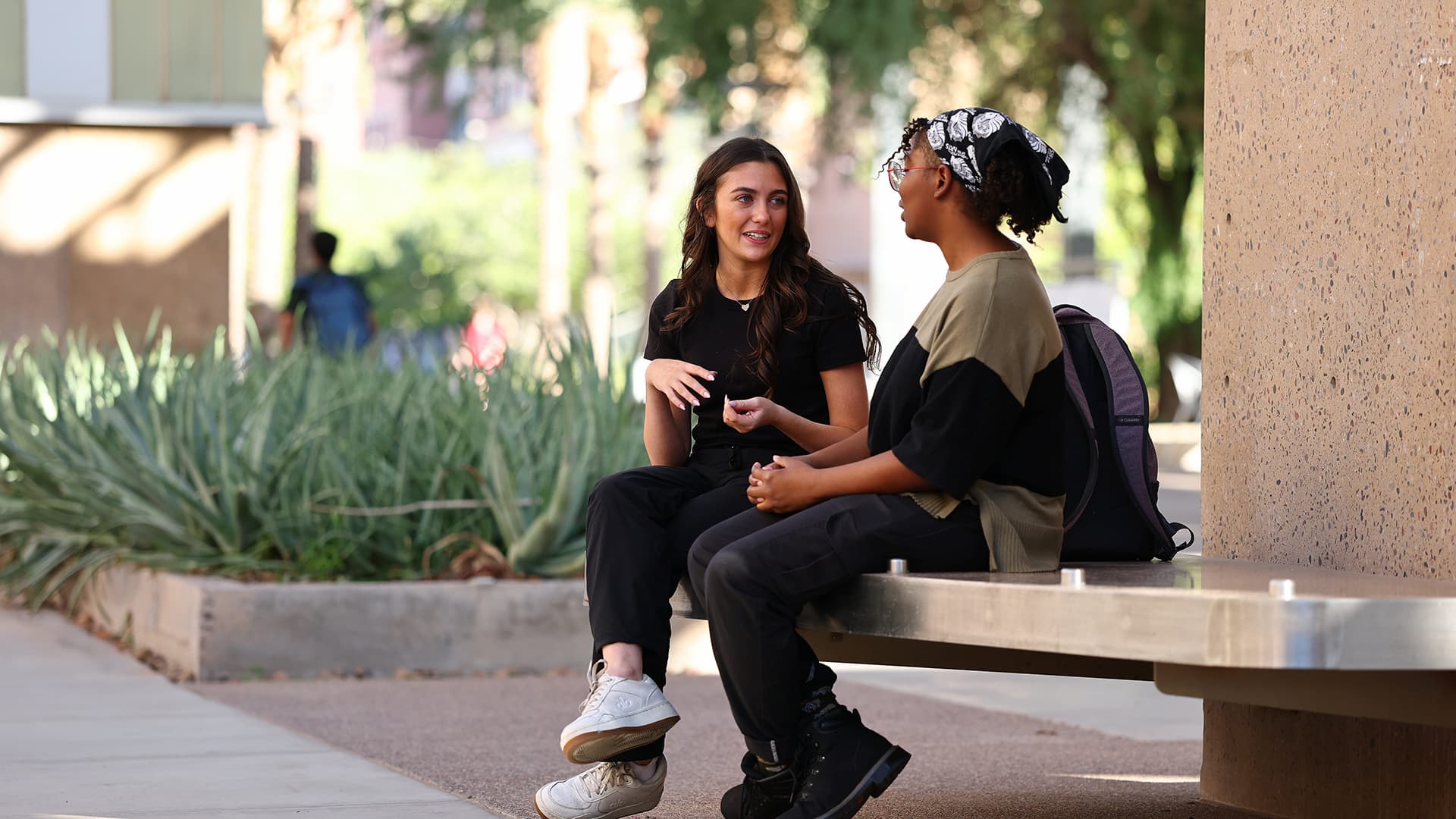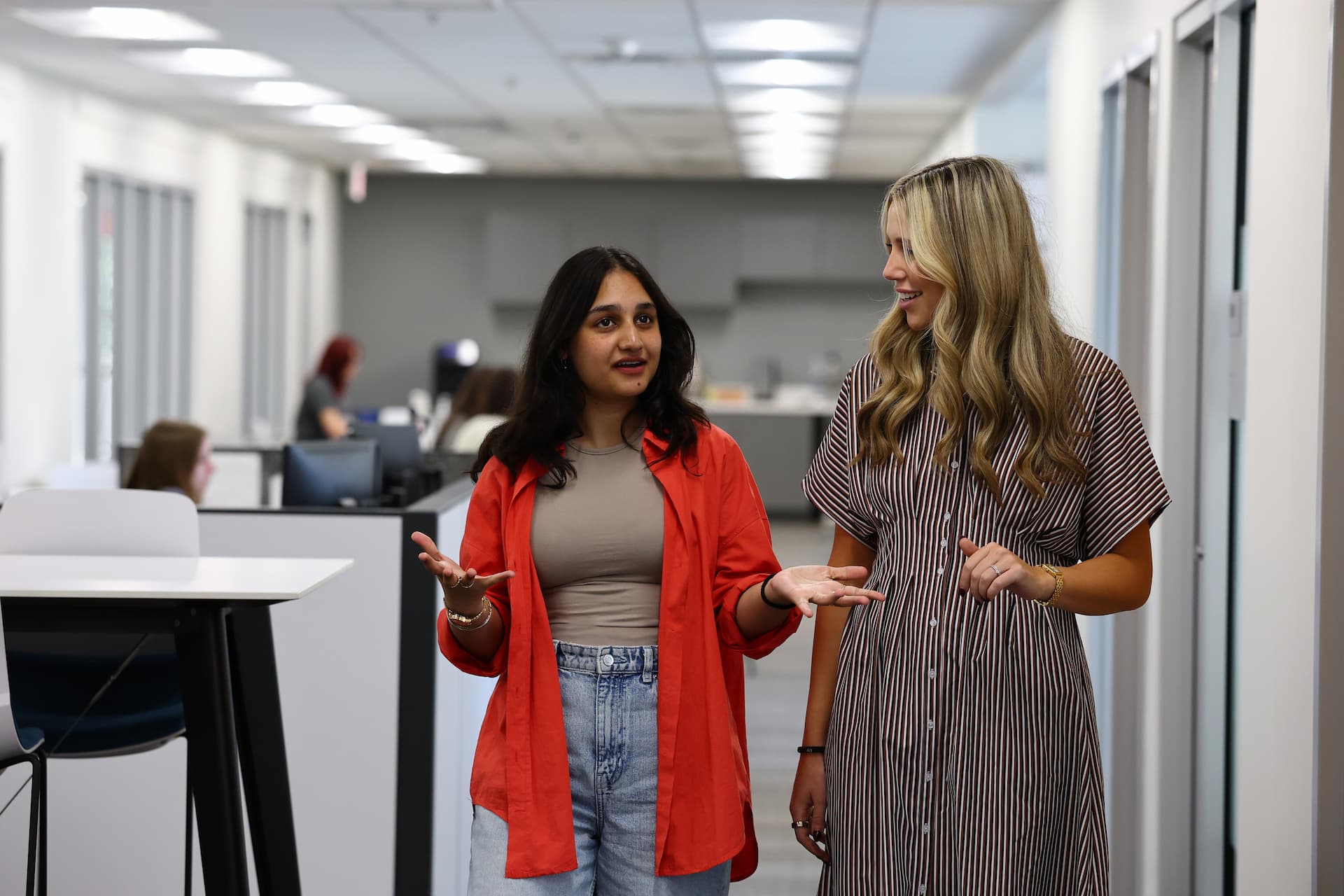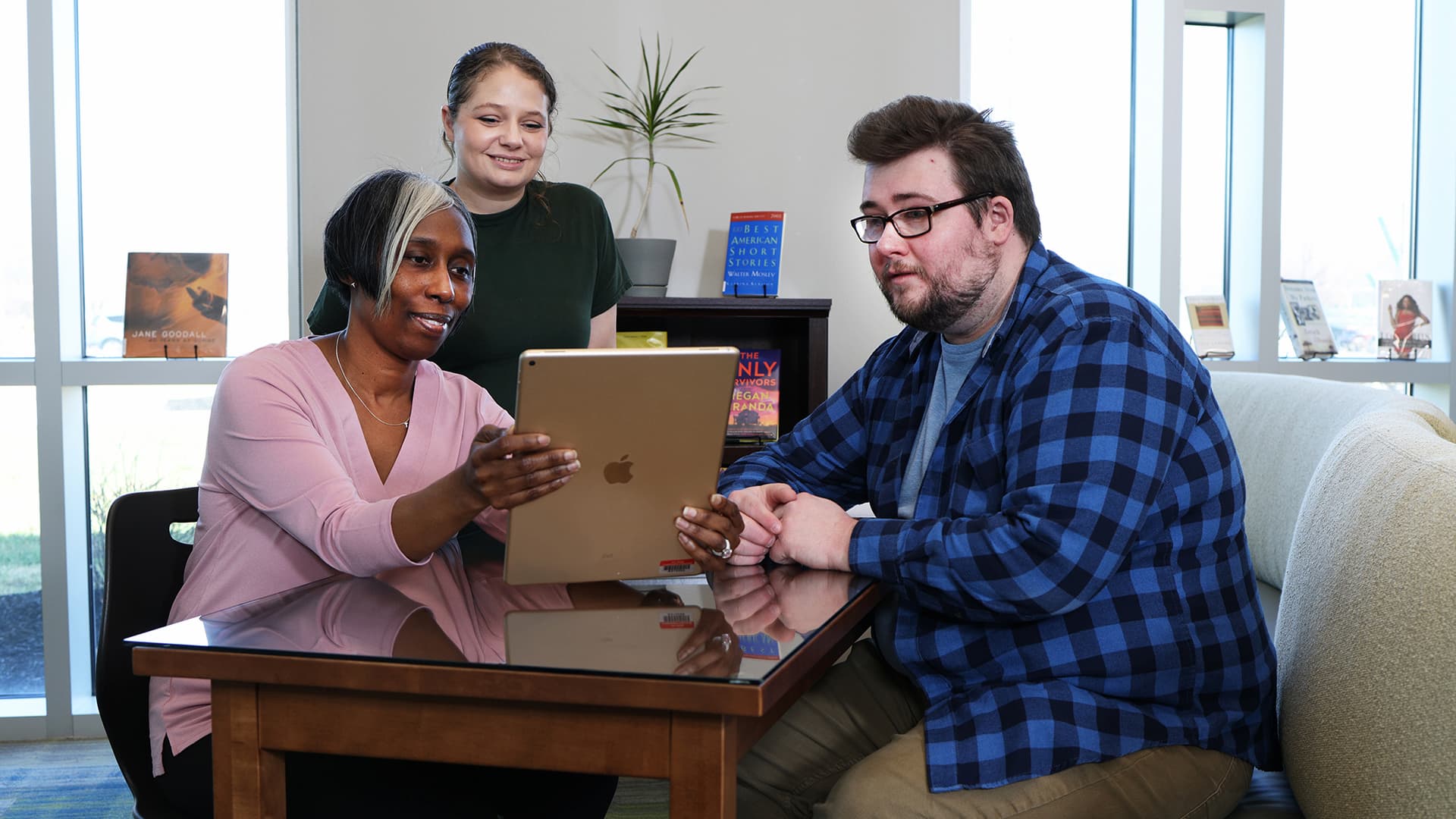News & Insights
Large-scale systems-level change requires sustained attention and dedication, so when Strada looks back at progress made over the past year, we are inspired by moments that point toward a future in which every person — no matter where they start — can envision a way ahead that is filled with opportunity.
Measuring state progress in connecting education with opportunity.




The innovative leader brings an extensive track record of navigating through challenges to create effective education-to-employment data systems.

The postsecondary education policy leader will oversee the nonprofit organization’s advocacy work with state and federal policymakers.

Three-year grants awarded to four institutions will support the expansion of programs designed to help learners succeed during and after completion of their degree or credential.

The experienced corporate leader and legal expert brings a diverse range of experience to guide Strada’s legal team and serve the organization’s board of trustees.

The two-year grants will support proven partnerships that connect learners to education and in-demand employment opportunities and strengthen regional economies.

At a time of declining enrollment and growing societal uncertainty about higher education’s value, the views of alumni can help ensure that today’s students maximize all the benefits that college offers.

A rich mixture of skills gained in college improves post-completion outcomes for students.

The list of benefits associated with earning a college degree is extensive and oft-repeated. It includes higher average lifetime earnings, employment security, greater self-esteem, and better health, among many others.

The former U.S. Commerce Department official will head the social impact organization’s strategy and innovation team.

A new study from Strada reveals a silver lining at a challenging time in the employment world.

Amid all of this disruption, the number of U.S. workers leaving or changing their jobs sharply increased. Known variously as the Great Resignation, Reshuffle, or Realignment, the trend has been cast in the cultural imagination as a collective desire on the part of the American workforce for more rewarding or meaningful work.
Try a different search term or refine your filter selections.
Stories

For January’s National Mentoring Month, Strada staff reflected on how mentors in all their forms have shaped our journeys as students and professionals.

Large-scale systems-level change requires sustained attention and dedication, so when Strada looks back at progress made over the past year, we are inspired by moments that point toward a future in which every person — no matter where they start — can envision a way ahead that is filled with opportunity.

The Principles identify essential strategies for supporting students through quality education-to-career guidance as they transition from education to employment.
Videos

This year the Strada HBCU Initiative celebrates its fourth year — a milestone that includes the graduation of many students in the first cohort of Strada Scholars.

.jpg)
